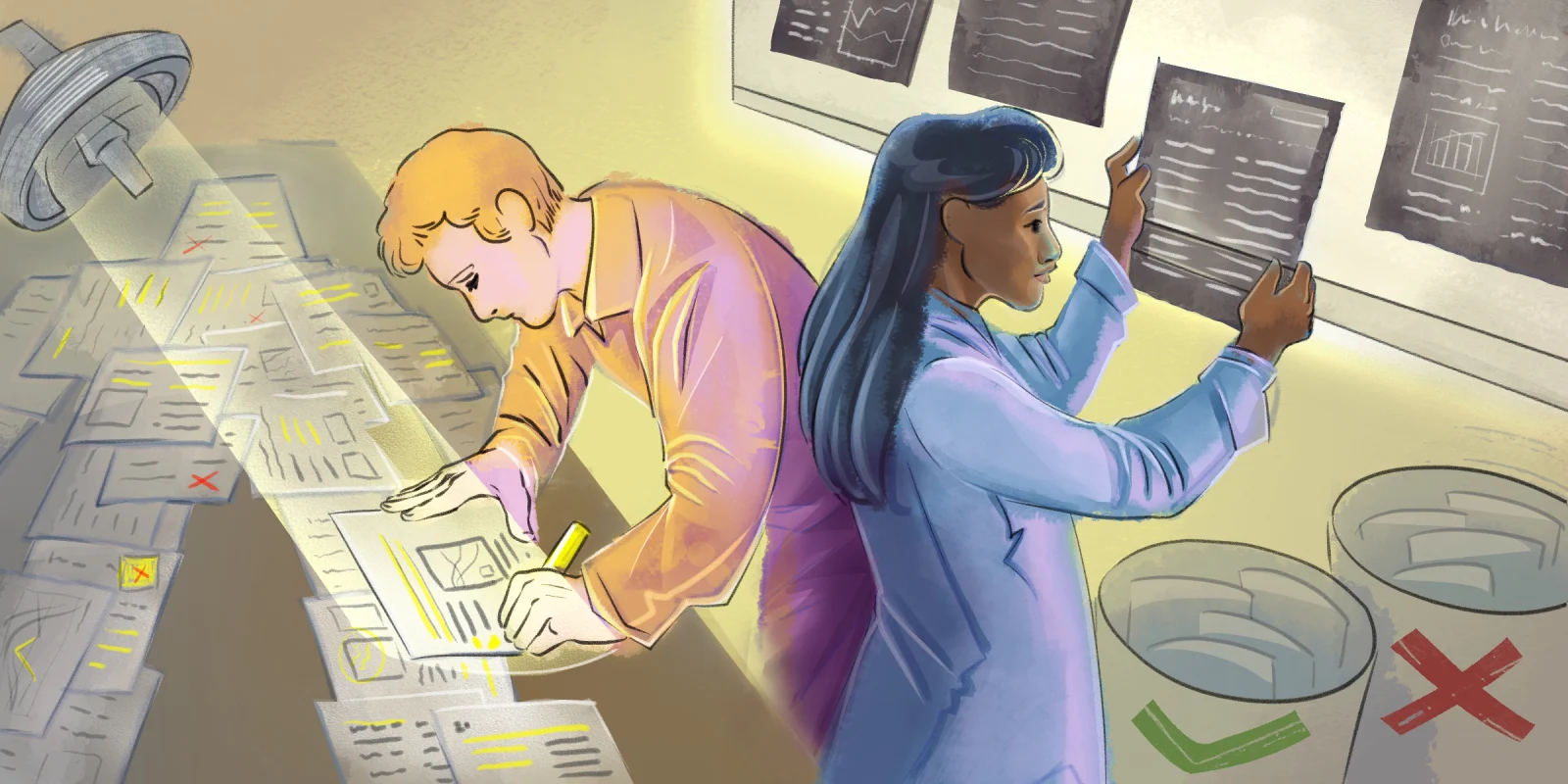Mantle cell lymphoma remains a challenging and variable subtype of B-cell non-hodgkin lymphoma, affecting older adults with a 2:1 male predominance. Despite recent approvals of BTK inhibitors and CAR T-cell therapy for relapsed MCL, key questions remain unanswered -- including the best 1st line strategy, the best timing of BTK-inhibitors, and more generally how to manage relapsed/refractory disease.
The TRIANGLE study from the European MCL network and Dr. Martin Dreyling—coming in as ASH Abstract Number 1— has potential to transform the 1st line treatment standard for younger MCL patients. This large, 3-arm randomized trial tested 3 arms: chemotherapy with rituximab then autologous transplant for responders (Arm A, the current standard of care in this group); the same treatment plus Ibrutinib for 2 years (A+I); and an arm using the same chemotherapy and ibrutinib but without transplant (Arm I).
At 31 months of follow-up, Arm A was no better than arm I—in fact, had numerically worse failure-free survival than this non-transplant arm— and arm A+I was superior to arm A. Arm A+I was also the most toxic during rituximab maintenance, which was not mandated but evenly employed among treatment arms. Outcomes by induction response (e.g. for patients in CR in arm A) are not yet available, and follow up of 31 months may not be long enough to know about relapses after stopping ibrutinib in those arms.
In my opinion- transplant remains an option but it’s important to be very picky— considering ASCT for pts with highly chemosensitive disease, and lacking a TP53 mutation, with the goal of maximizing remission duration and time off therapy. It’s worth remembering that both Arms A+I and I involve 2 yrs of ibrutinib therapy, during and after intensive chemotherapy induction-- and A+I was associated with a 25% rate of grade 3-5 infections during maintenance. At this point, Arm A is likely to remain a reasonable path for shorter-course, intensive therapy; low-MIPI patients in CR are still likely to achieve remissions lasting over a decade, especially with rituximab maintenance. And it's worth remembering that ibrutinib is not approved for 1st line use-- yet.
At the very least, the TRIANGLE study is one to watch, challenging the primacy of ASCT—and proving that BTK inhibitors are likely on the cusp of integration into 1st line therapy, particularly for younger patients. Toxicities and duration of BTK therapy have to be tuned down, since efficacy appears high.
In relapsed/refractory MCL, the focus is remains on how to treat BTK-refractory patients, or those failing CAR-T cell therapy. Fortunately, as Dr. Tycel Phillips presented (abstract 74), CD20xCD3 bispecific therapy with glofitamab can induce CR in a high proportion of patients (27/37 treated), over half (24) of whom who had prior BTK inhibitor therapy. Duration of response was 12.6 months and cytokine release syndrome occurred in ¾ of patients, but mostly low-grade. COVID remained risky, with 4 deaths, despite lack of perceived relationship to study treatment. We may all learn first from experience with teclistamab, a bispecific B-cell maturation antigen (BCMA)-directed CD3 T-cell engager, approved for multiple myeloma (in the US after 4 prior lines of therapy)—which, while a distinct therapy, involves complex administration and a REMS program, with real risks of cytokine release syndrome and infections. Bispecifics antibodies are a key upcoming class of therapy— and may be used in the future in sequence before CAR T-cell therapy, or even in early treatment lines, once their therapeutic index is better defined.
ASH 2022 data marks another tectonic shift in treatment of MCL— we may all be less reliant on traditional cytotoxic therapies, better targeting high-risk disease, and seeing more long-term cures in the very near future.
Dr. Smith is affiliated with the Fred Hutchinson Cancer Center. He has recieved grants from ADC Therapeutics,
Astrazeneca, Ayala (spouse), Bayer, Beigene, Bristol Myers Squibb (spouse), De Novo Biopharma, Enterome, Genentech, Ignyta (spouse), Incyte Corporation, Kymera Therapeutics, Merck Sharp and Dohme Corp, MorphoSys,Nanjing Pharmaceuticals Co., Ltd., Portola Pharmaceuticals, and Viracta Therapeutics. He has recieved consulting fees or honorarium from ADC Therapeutics, Astrazeneca, Beigene, Epizyme, Karyopharm, KITE pharma, Incyte, Numab Therapeutics AG, Abbvie, Coherus Biosciences, advisory board (spouse), and Genentech.
Illustration by April Brust







